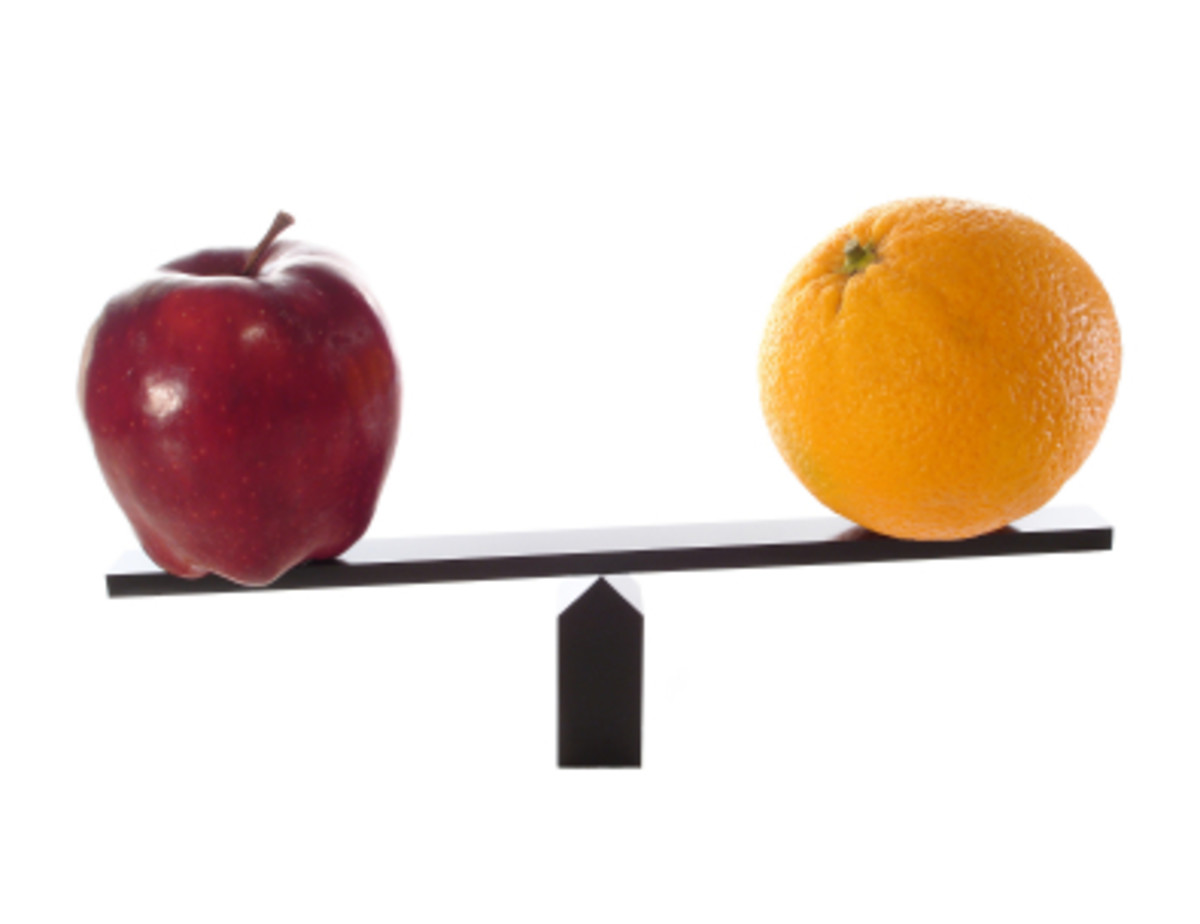- HubPages»
- Books, Literature, and Writing»
- Commercial & Creative Writing»
- Making Money as a Writer
What are the benefits of self-publishing?
Introduction
The most significant benefits of self-publishing are:
Having the ability to publish any type of content
- Maintaining total control over your entire project, including all creative control over the manuscripts, cover design and marketing of your book.
- Saving time as the time it takes to self-publish a book can be significantly faster than engaging with a traditional publishing house
- Earning significant higher royalties per copy of your book sold.
- There is no need to hire a literary agent to assist you with the marketing of your book
Despite these benefits you will also need to determine the most cost-effective and viable printing option based on your needs, goals and budget.

Self-publish any type of content
Content that is considered to be too controversial or edgy for a major publishing house can be made available through self-publishing as it allows you total control over the content of the book.
Even if your title is not controversial, its target audience may be too narrow for a for a major publishing house to consider sales worthy.
The most common topics or genres authors have had success with through self-publishing are as follows:
- Autobiographies
- Children’s books(fiction and nonfiction)
- Collection of poems and essays
- Cookbooks or a collection of recipes
- Reference books or textbooks
- Training manuals or guidebooks
- Works of fiction, such as full length novels or collections of short stories in any genre, for example, horror, sci-fi, romance, comedy, adventure, erotica etc.
Maintain control over the entire process
During self-publishing you will assume the role of both author and publisher. You will then be handling all the work that a major publishing house typically handles on behalf of authors such as:
- Getting the manuscript edited
- Creating page layouts and design
- Crafting a front and back cover
- Distributing your book
- Managing marketing, advertising and promotion
The publishing house usually does everything else besides writing the manuscript often without consulting the author on creative decisions. In fact, they typically have no say on cover design or how the book is marketed or promoted.
Quickly getting your book into the hands of readers
Self-publishing allows for the flexibility to set your own schedule and deadline, without having to cater to the needs or demands of a major publishing company. The schedule selected will be based on other personal and professional demands on your life.
However, when you work with a major publisher bringing your book to print could take up to two years.
Achieve your career related goals
Some authors write books because they want to pursue writing as a career while others use their work
Once your book is self-published, you will automatically gain credibility on whatever topic you wrote about.
Being a published author can assist you in the following areas:
- Land a new job in your area of expertise
- Earn a raise or promotion with your current employer
- Launch or expand your own business and earn the respect of customers
- Becoming a consultant or freelancer in your area of expertise
- Earn extra money lecturing or teaching seminars on your book’s topic
- Become the media go-to person whenever a news story breaks about your topic
- Pursue writing as a full-time career, depending on your sales and unique marketing efforts
Your book may be used as a powerful marketing tool for yourself and your company. It will serve as a resume or business card for promoting yourself as an expert in your field and helps you pursue your professional goals.
Earn more royalties
Major publishers will pay authors a recoupable advance, plus a pre-determined royalty on book sales as compensation. Self-publishers, however, must cover all the project’s development, printing, distribution and marketing costs. However, the profit potential can be significantly larger depending on your distribution channels. A self-published author can earn 40 to 60 percent of the book’s cover price perhaps more compared to the lowly 25 cent, 50 cent, or dollar royalty for each copy sold by the major publisher.
Saving money without a literary agent
The literary agent is compensated by the author and usually receives a commission of between 15 to 20 percent of the author’s revenues. During the self-publishing process there is no need for a literary agent which saves you money and offers you greater control over the entire project.









